When it comes to allergies, many people think about cats or dogs as the main culprits. But what about rabbits? While often seen as a good choice for those allergic to more common pets, digging deeper into whether rabbits are truly hypoallergenic is essential. Rabbits can still cause allergic reactions due to proteins found in their dander, saliva, and urine. It's not the fur that triggers the reaction but the allergens that get transferred onto the fur when rabbits groom themselves.
Click Here For a Beginners Guide to Rabbit Care.

Do Rabbits Produce Allergens?
Rabbits, like all furry animals, produce allergens. The primary sources are their fur, dander (flakes of skin), saliva, and even urine. These allergens can trigger reactions in sensitive individuals. Although rabbits produce fewer allergens than cats and dogs, they are not entirely hypoallergenic. Touching a rabbit's fur and touching your face can transfer these proteins to your eyes, nose, and mouth, which may lead to an allergic response. Frequent cleaning and limiting direct contact can help manage these reactions.
Allergy Symptoms to Look Out For
Rabbit allergies can manifest in various ways, similar to other pet allergies. Common symptoms include
Respiratory Issues: Sneezing, coughing, or a runny nose. Severe cases might even lead to wheezing or difficulty breathing.
Skin Reactions: Itchy, red, or watery eyes are common, as well as skin rashes or hives if you've been in direct contact with the rabbit.
Asthma Flare-ups: For those with asthma, being around rabbits can exacerbate symptoms, making it harder to breathe.
These symptoms may not appear immediately and can develop over time as exposure to allergens increases.
Breeds and Allergies: Is There a Difference?
One question that often comes up is whether some rabbit breeds are more hypoallergenic than others. All rabbits produce allergens, but certain breeds with shorter or less dense fur may shed less, potentially reducing allergen spread. Breeds like the Rex, with their short, velvety fur, or the Satin, with its fine coat, may be preferable for allergy sufferers. While fur length and shedding rates can influence allergen levels, they don't eliminate them.
Minimizing Allergic Reactions to Rabbits
If you or someone in your household is allergic to rabbits but still wants to keep one as a pet, there are several strategies you can try to minimize exposure to allergens:
Keep the Rabbit's Living Space Clean: Regularly clean the rabbit's cage, including the bedding and litter box. This helps reduce the build-up of allergens.
Groom Your Rabbit Frequently: Brushing your rabbit can help reduce the amount of fur and dander in your home. It's best if a non-allergic person can do this.
Use an Air Purifier: A good-quality air purifier can help remove allergens from the air, making it easier to breathe.
Wash Hands After Handling: Always wash your hands thoroughly after touching your rabbit, its cage, or any of its accessories.
Limit Indoor Space: If possible, keep the rabbit in a designated area of the house and don't allow it into bedrooms or on furniture.
These steps can help reduce allergen levels, but they won't eliminate the risk of allergic reactions.

Testing for Rabbit Allergies
If you suspect you're allergic to rabbits but aren't sure, getting tested is a good idea. Allergy tests, such as skin prick or specific IgE blood tests, can help determine whether rabbits cause your symptoms. Before bringing a rabbit into your home, spend time around one if possible. Visit a friend with a rabbit or volunteer at a shelter. This can give you an idea of whether you will likely have an allergic reaction. Avoiding a potential problem is easier than rehoming a pet after forming a bond.
Alternatives for Allergy Sufferers
If rabbit allergies are a concern, but you still want a small pet, there are a few alternatives you might consider:
Reptiles: Animals like snakes, lizards, and turtles do not produce dander or saliva proteins that can trigger allergies.
Fish: An aquarium can be a beautiful and calming addition to your home with no allergy concerns.
Hairless Pets: While not entirely allergy-free, hairless guinea pigs or rats might produce fewer allergens than their furry counterparts.
These pets can provide companionship without the allergy risks associated with rabbits or other furry animals.
Final Thoughts
So, are rabbits hypoallergenic? The short answer is no. While they may produce fewer allergens than other pets, they can still cause allergic reactions in sensitive individuals. If you have mild allergies but are determined to own a rabbit, reducing allergen exposure can help make cohabitation more manageable. However, it's crucial to be realistic about the potential risks to your health and be prepared to make tough decisions if necessary.
Ultimately, the best approach is to research and understand your health needs before committing. Rabbits can make wonderful companions, but they aren't the right pets for everyone, especially those prone to allergies.

Key Takeaways
Rabbits are not truly hypoallergenic, as they produce dander, saliva, and other allergens.
Some breeds may produce fewer allergens due to their fur type. Still, all rabbits have the potential to cause allergic reactions.
There are ways to minimize allergen exposure, such as grooming, cleaning, and using air purifiers.
Consider allergy testing before bringing a rabbit into your home if you're unsure about potential reactions.
By understanding the facts, you can decide whether a rabbit is the right pet for you and your family.














































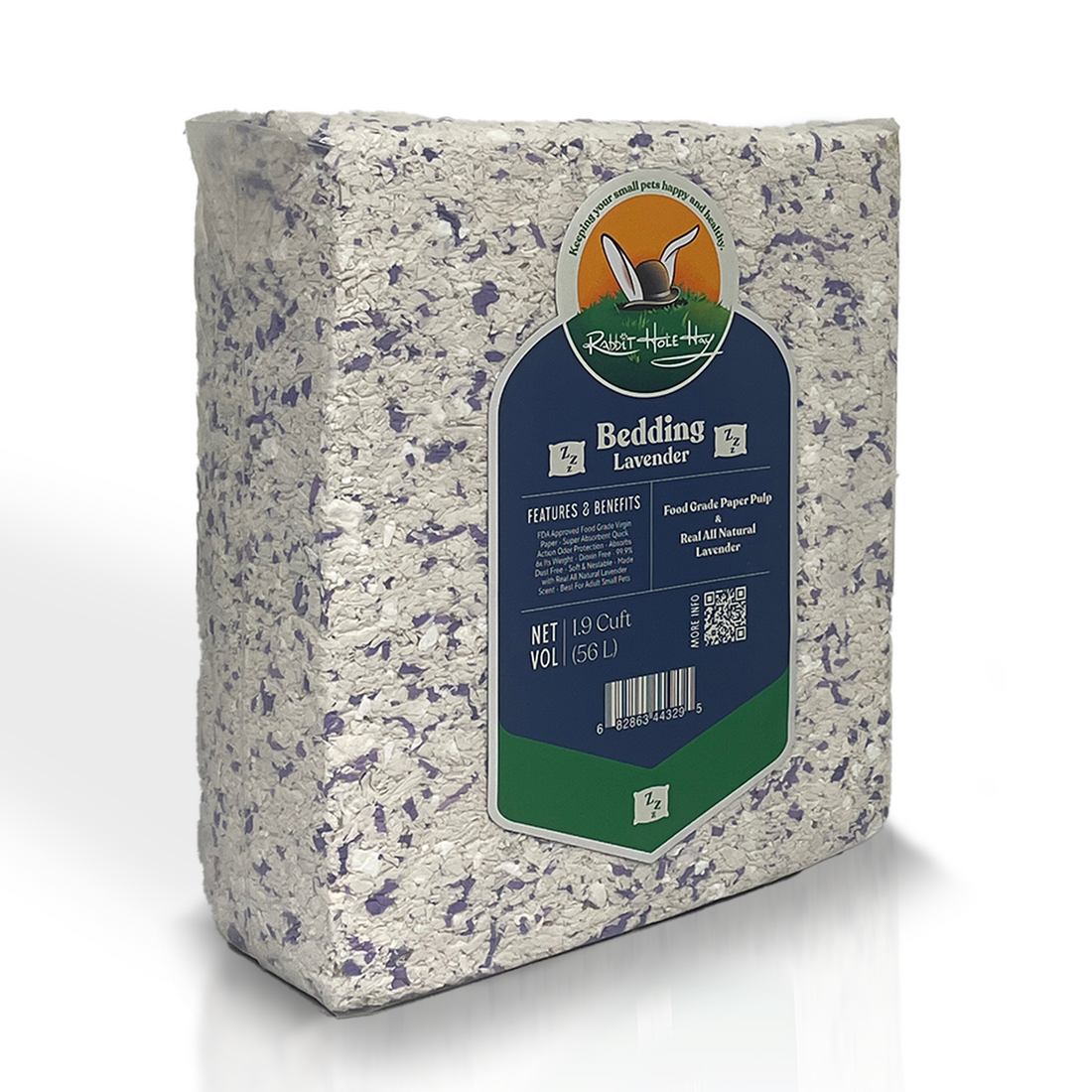
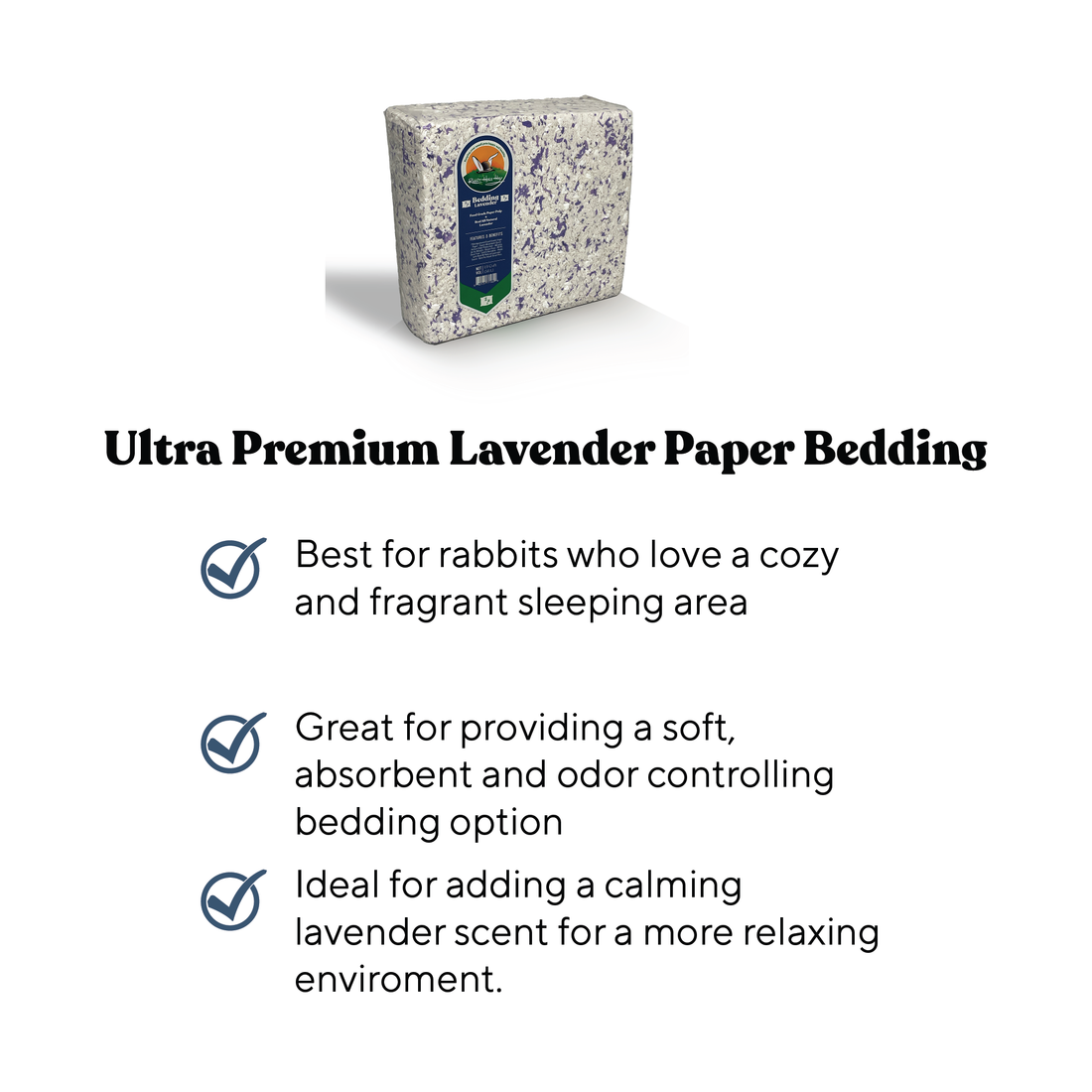









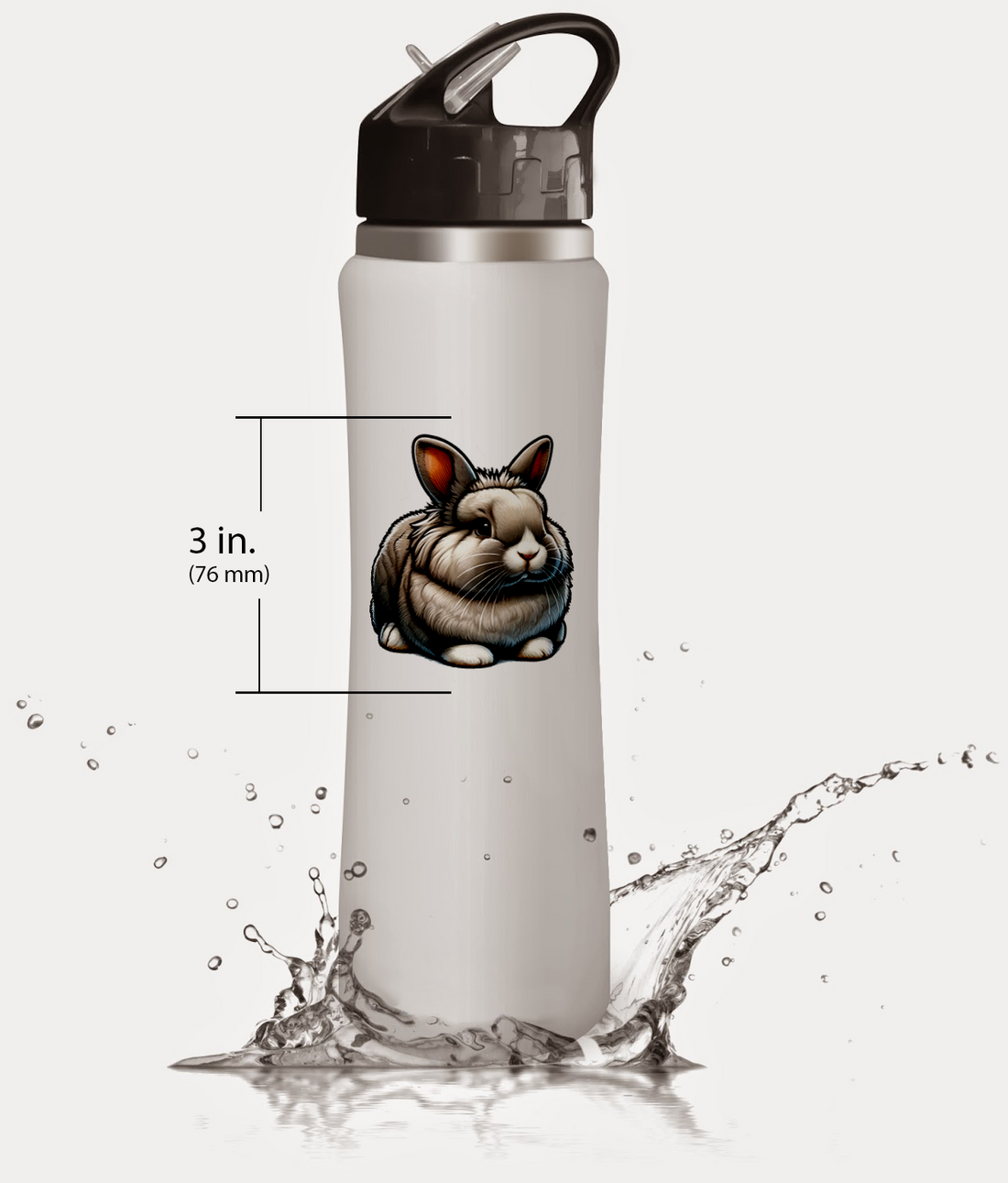

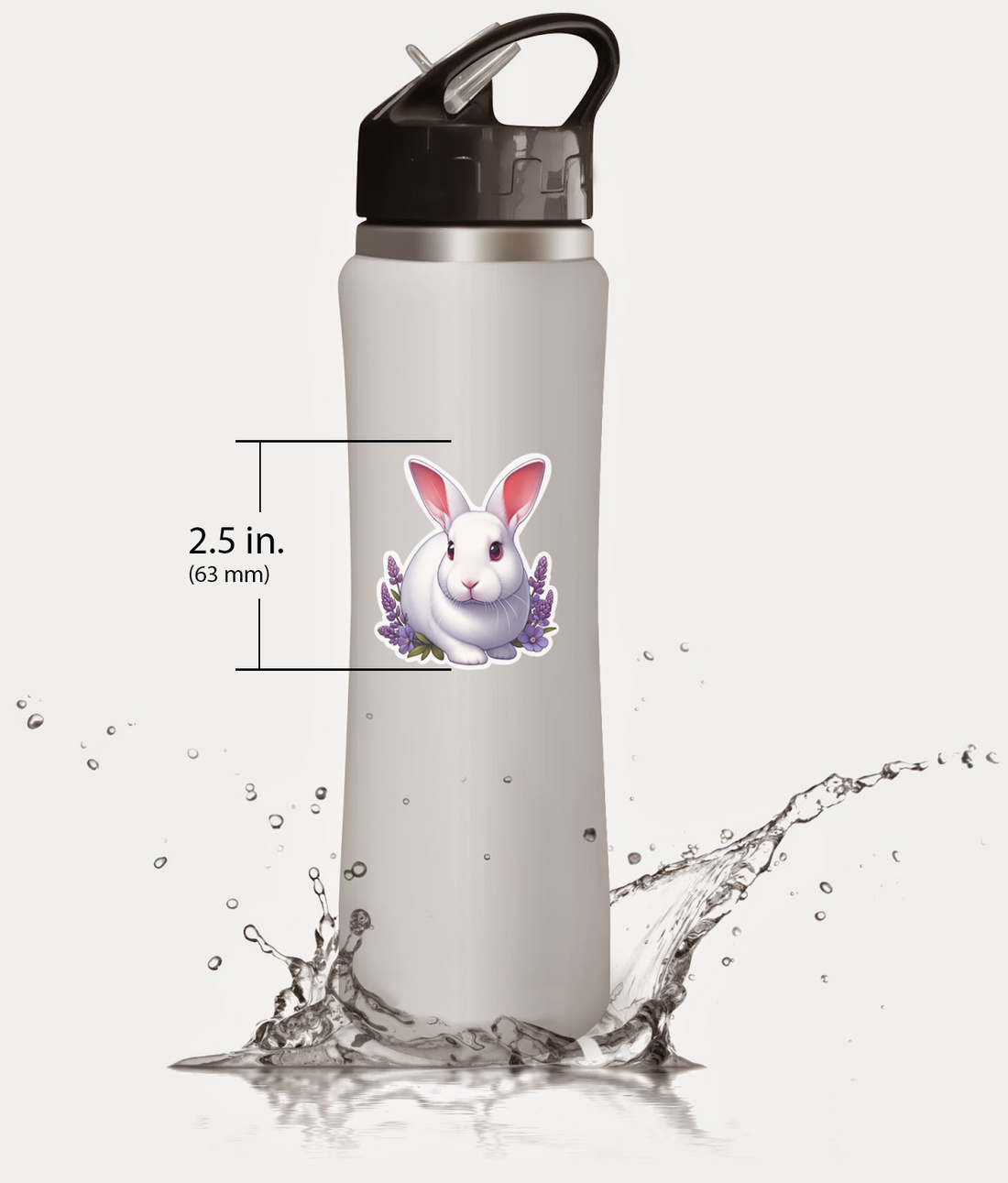



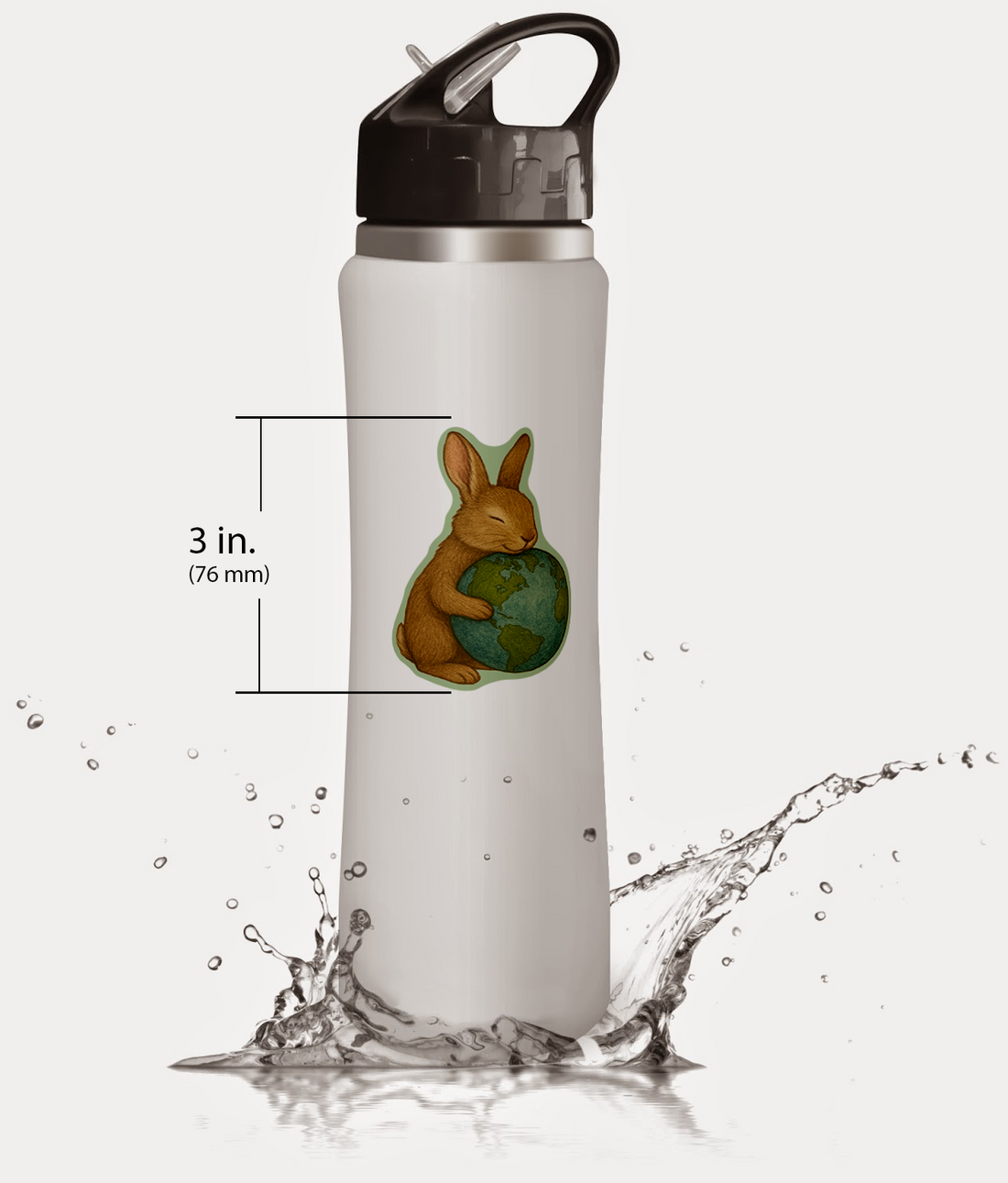






























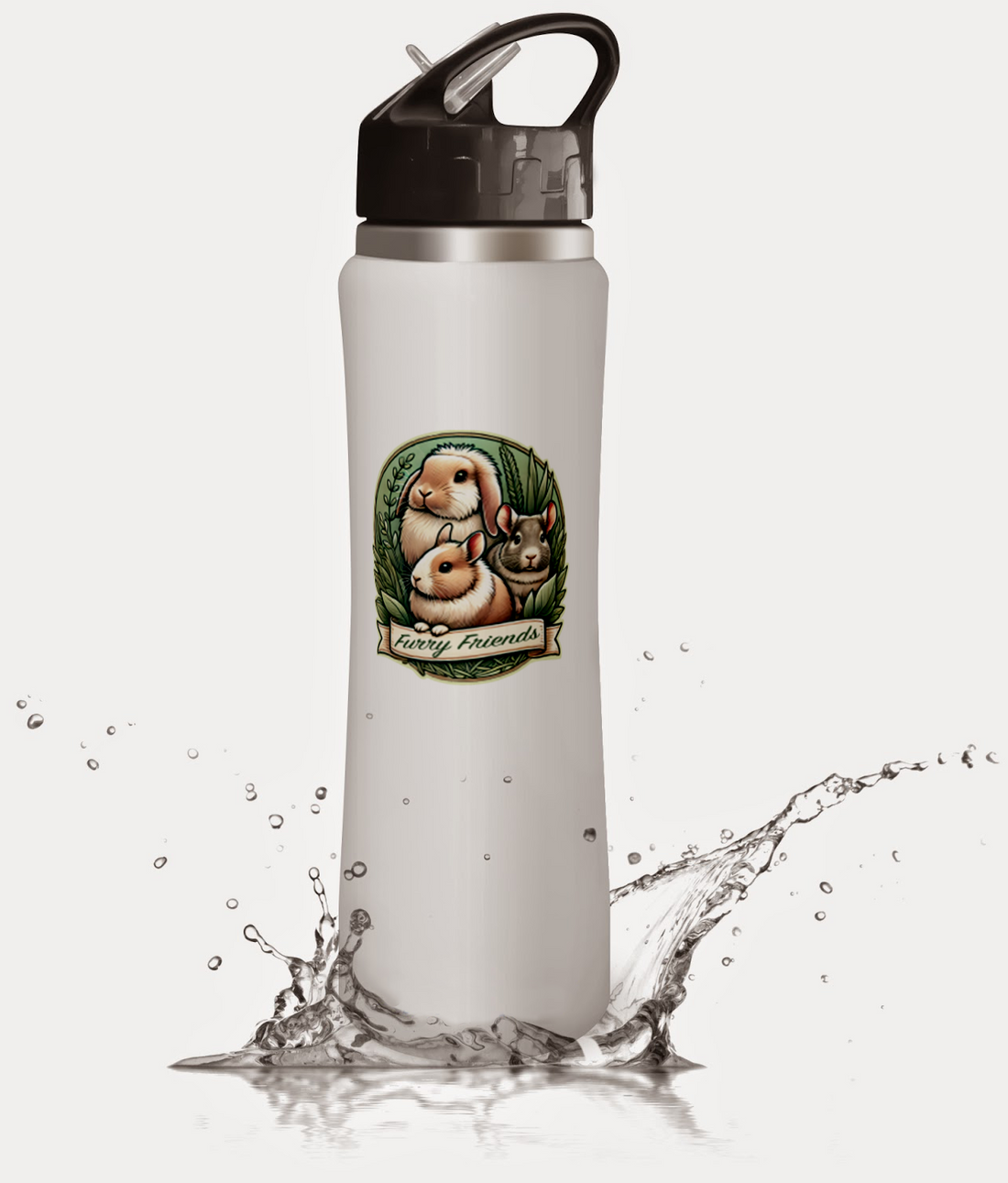











Comments